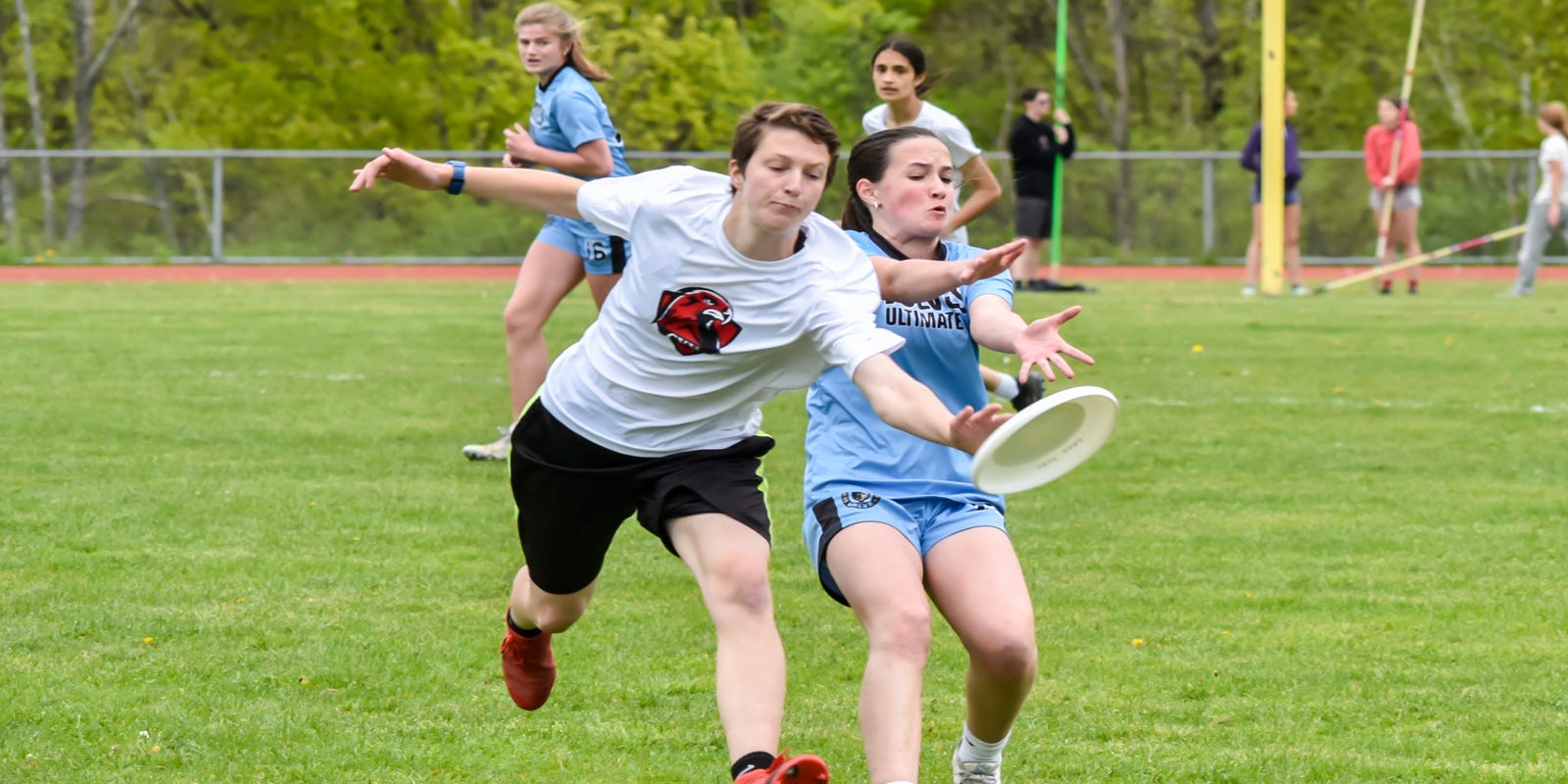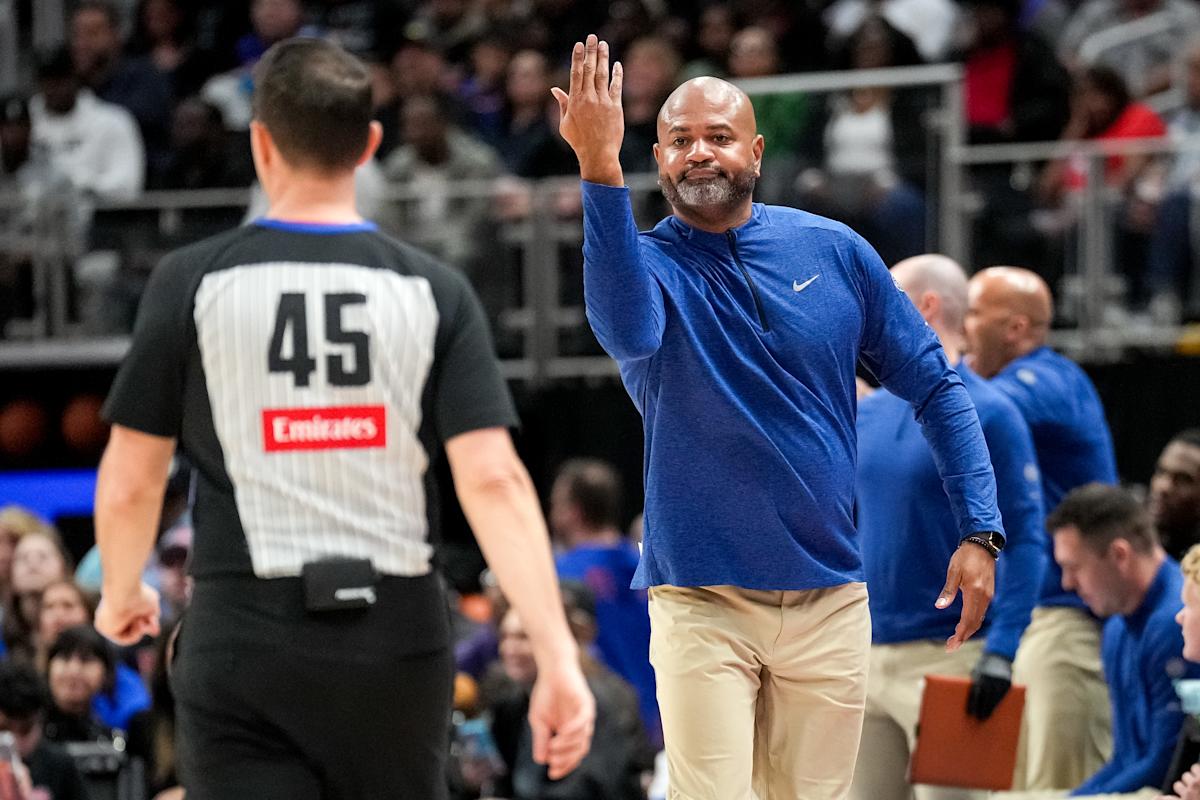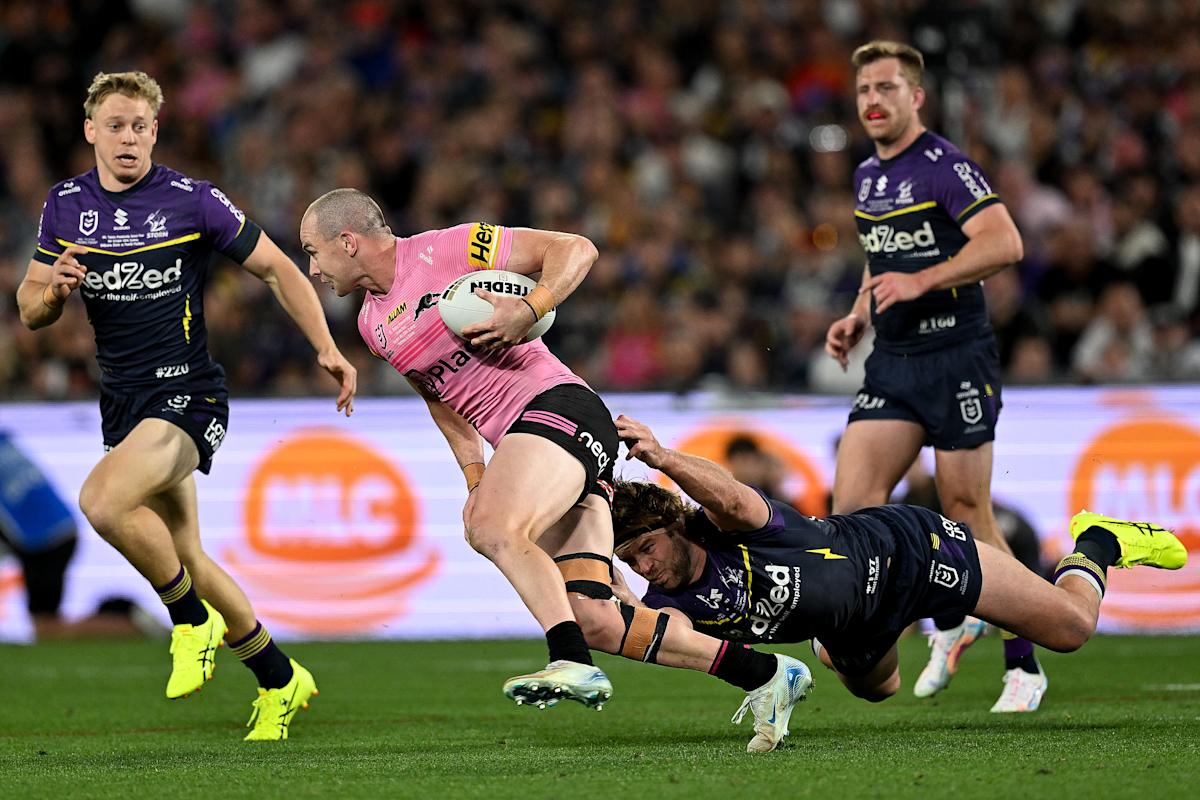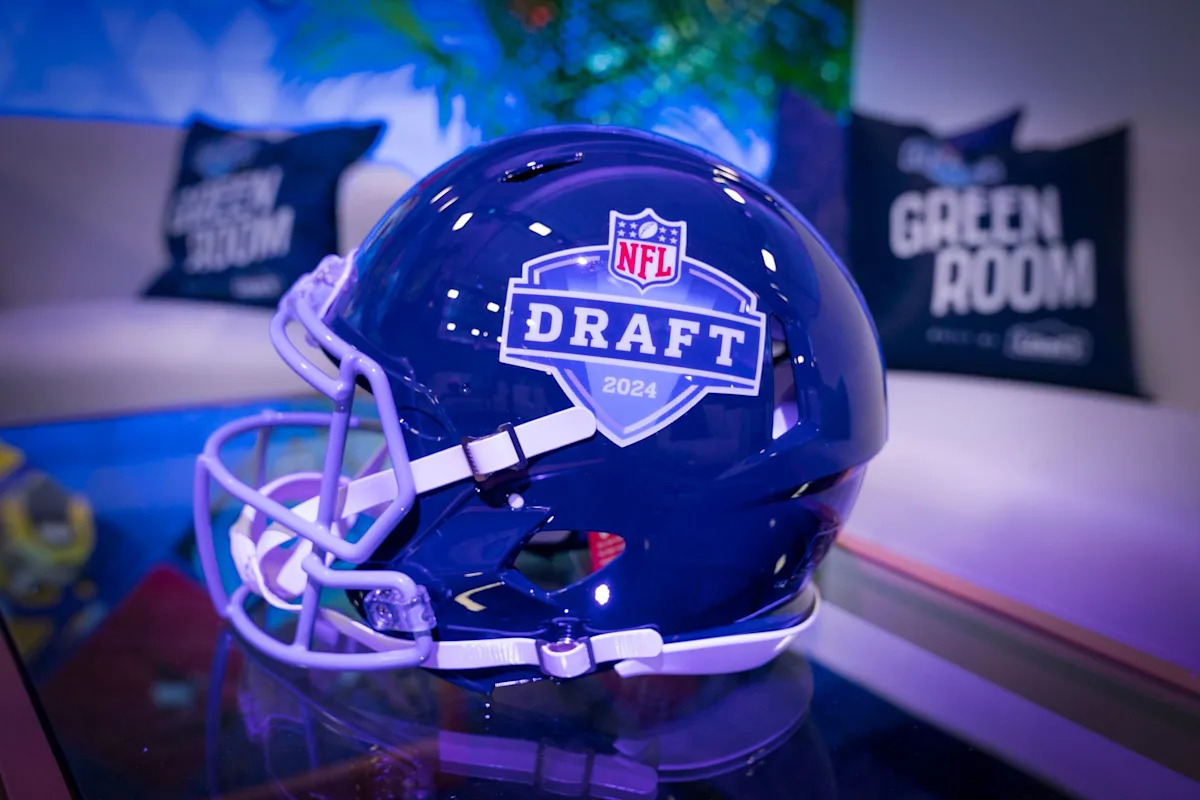Betting Boom Turns Toxic: College Athletes Targeted by Online Abuse Amid Sports Gambling Surge
Sports
2025-04-06 21:40:50Content

March Madness Betting Frenzy Sparks Alarming Online Abuse Trend
The March Madness tournament has reached unprecedented betting heights, with the American Gaming Association projecting over $3 billion in wagers—surpassing even the Super Bowl's gambling volume. However, this massive surge in sports betting has unveiled a disturbing dark side: a rising tide of online harassment targeting players, coaches, and officials.
The NCAA has raised serious concerns about the escalating problem of digital abuse, where frustrated and angry bettors unleash their disappointment through harmful online attacks. These targeted individuals—from young student-athletes to seasoned coaches—are increasingly becoming victims of toxic online behavior triggered by gambling losses.
Sports psychologist Brett Woods provides critical insights into this troubling phenomenon, highlighting the psychological impact of high-stakes betting and its potential consequences on athletes' mental well-being. The intersection of sports, gambling, and digital communication has created a volatile environment where emotional reactions can quickly spiral into harmful interactions.
As March Madness continues to captivate millions, the urgent need for responsible betting and digital etiquette becomes increasingly apparent. The tournament's excitement should not come at the cost of personal attacks and online harassment.
Betting Frenzy: The Dark Side of March Madness Gambling
In the high-stakes world of collegiate sports betting, March Madness has emerged as a financial juggernaut that extends far beyond the basketball court. As millions of fans and gamblers engage with the tournament, a troubling undercurrent of online harassment and psychological trauma threatens to overshadow the excitement of collegiate athletics.When Passion Turns Toxic: The Psychological Toll of Sports Gambling
The Explosive Growth of Sports Betting
The landscape of sports gambling has undergone a dramatic transformation in recent years, with digital platforms making wagering more accessible than ever before. The American Gaming Association projects staggering betting volumes that dwarf traditional sporting events, with March Madness now surpassing even the Super Bowl in total monetary stakes. This unprecedented accessibility has created a perfect storm of emotional volatility, where the line between passionate fandom and destructive behavior becomes increasingly blurred. Technological advancements have democratized betting, allowing individuals from diverse backgrounds to participate in real-time wagering. However, this accessibility comes with significant psychological risks that extend far beyond simple financial loss. The instantaneous nature of online platforms creates an environment where emotional reactions can be immediately broadcast, potentially targeting athletes and officials who become unwitting victims of bettor frustration.The Human Cost of Digital Gambling Rage
Sports psychologists like Brett Woods have begun to document the alarming trend of online abuse directed at collegiate athletes. The anonymity provided by digital platforms emboldens individuals to engage in harassment that would be unthinkable in face-to-face interactions. Young athletes, many of whom are still developing their professional identities, find themselves subjected to intense scrutiny and personal attacks from anonymous gamblers who view them merely as statistical variables in a high-stakes betting ecosystem. The psychological impact on these athletes cannot be understated. Constant exposure to negative online commentary can lead to significant mental health challenges, including anxiety, depression, and diminished performance. The very platforms designed to enhance fan engagement have paradoxically created an environment of potential psychological harm.Regulatory Challenges in the Digital Betting Landscape
The NCAA finds itself at a critical juncture, attempting to balance the economic opportunities presented by sports betting with the need to protect student-athletes. Current regulatory frameworks struggle to keep pace with the rapid evolution of digital gambling platforms, leaving a significant gap in protective mechanisms. Emerging solutions include enhanced digital monitoring systems, stricter platform guidelines, and educational programs designed to promote responsible gambling behaviors. However, these approaches remain reactive rather than proactive, highlighting the complex challenge of managing the intersection between sports, technology, and individual emotional responses.Technological and Ethical Implications
The March Madness betting phenomenon represents more than a simple sporting event—it is a microcosm of broader societal shifts in digital interaction and emotional regulation. As betting platforms become increasingly sophisticated, the potential for algorithmic manipulation and targeted harassment grows exponentially. Artificial intelligence and machine learning technologies are being explored as potential solutions to monitor and mitigate online abuse. These technological interventions aim to create more nuanced filtering systems that can identify and prevent harmful interactions before they escalate, protecting both athletes and the integrity of collegiate sports.Cultural Reflection and Future Outlook
The current state of sports betting reflects deeper cultural tensions surrounding competition, emotional investment, and digital communication. As society continues to grapple with these complex dynamics, the March Madness betting ecosystem serves as a critical case study in understanding the psychological implications of our increasingly connected world. The path forward requires a multidisciplinary approach, integrating insights from sports psychology, digital ethics, technological innovation, and regulatory policy. Only through comprehensive, collaborative efforts can we hope to create a more balanced and respectful environment for athletes, fans, and the broader sporting community.RELATED NEWS
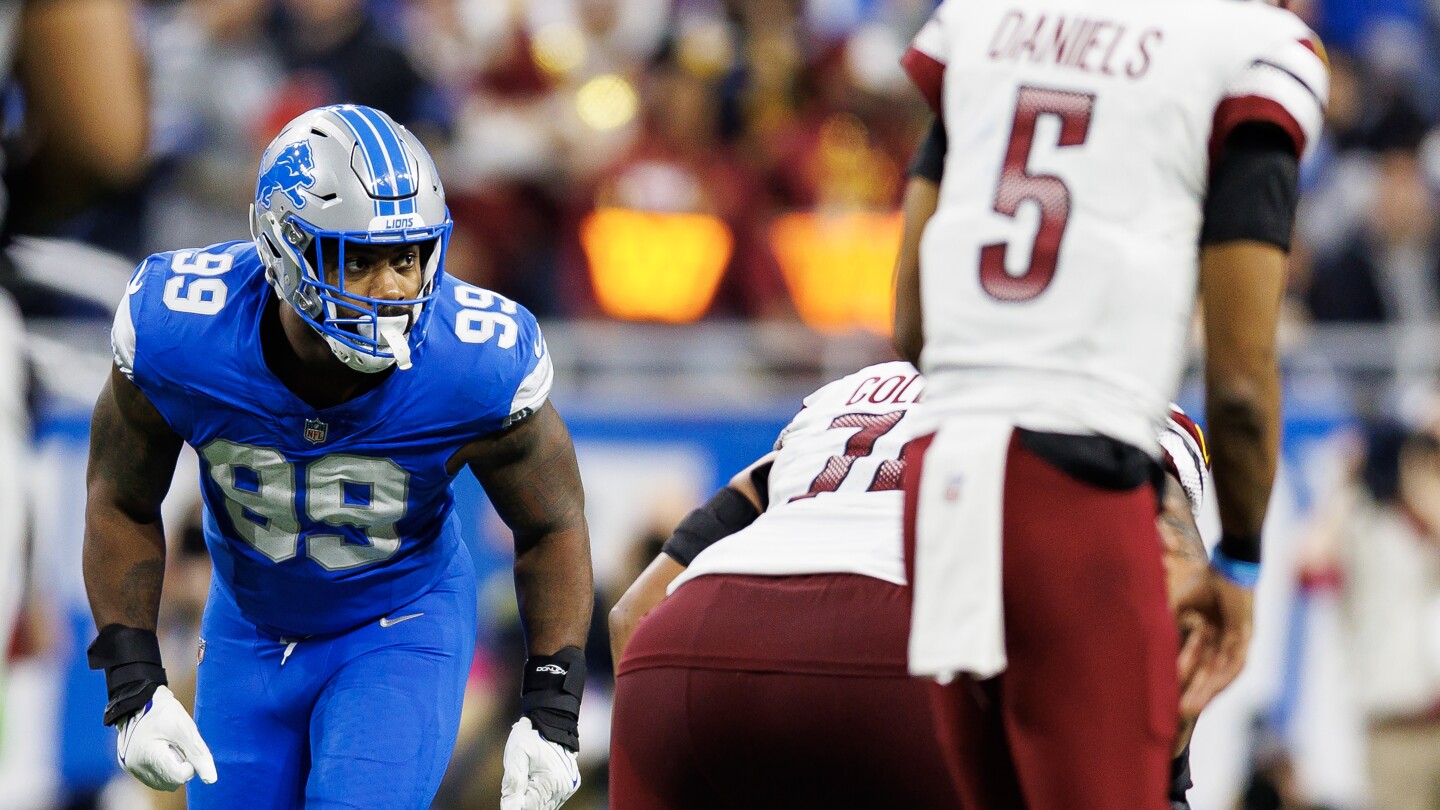
Breaking: Detroit Lions Set to Part Ways with Star Edge Rusher Za'Darius Smith

Game Changers: NYC Set to Welcome First Dedicated Bars Celebrating Women's Sports
